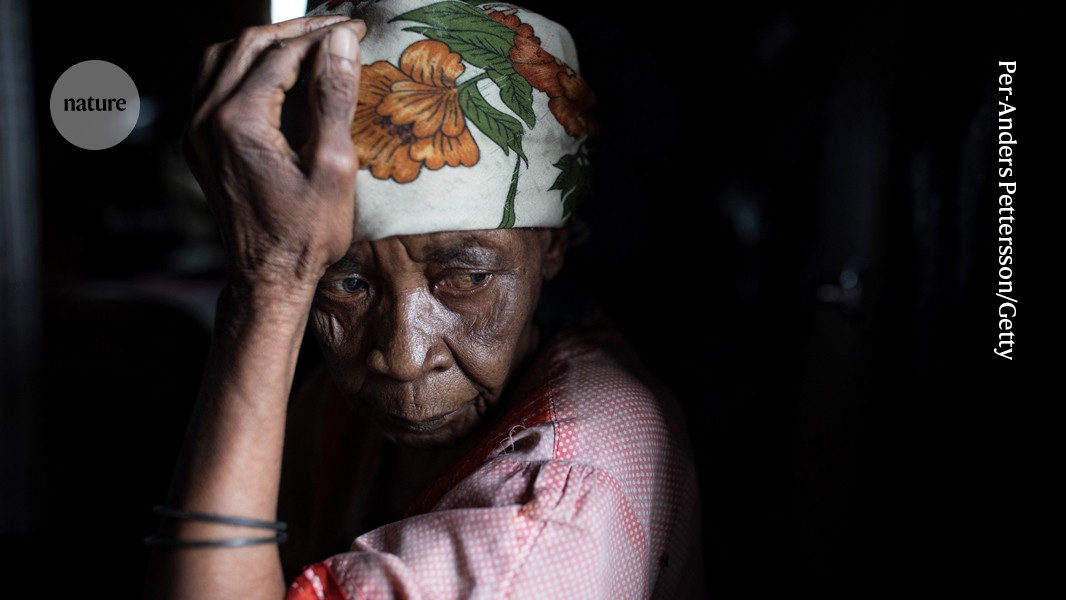
""It's a very important study", says Claudia Kimie Suemoto, a geriatrician at the University of São Paulo in Brazil who was not involved in the work. "It gives us the global perspective of how these dependent factors shape ageing in different regions of the world.""
"Political polarization and uncertainty mean that "we are living in a world of despair", and that ages people, says lead author Agustín Ibañez, who directs the Latin American Brain Health Institute in Santiago. "We don't think about the health impacts that this is going to have in the long run.""
Social inequality and weak democratic institutions contribute to accelerated ageing, alongside environmental factors like high air pollution levels. Education serves as a protective factor against faster ageing. The study revealed that health issues like high blood pressure and heart disease also accelerate ageing. The variations in ageing rates across countries may be explained by these social and political influences. The research involved 161,981 participants from 40 countries, with a significant effort to harmonize data sets for comparative analysis.
Read at Nature
Unable to calculate read time
Collection
[
|
...
]